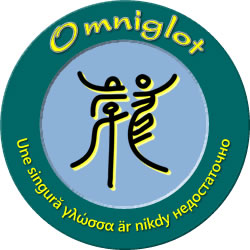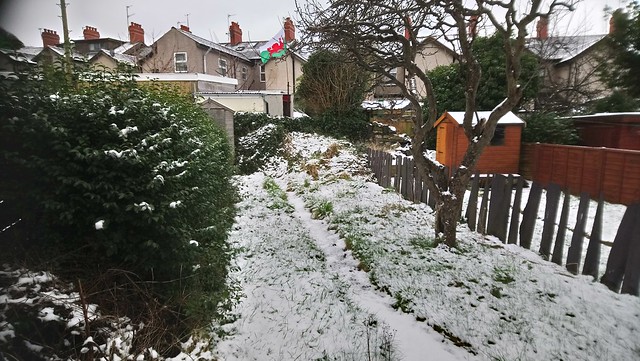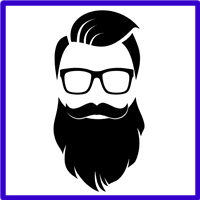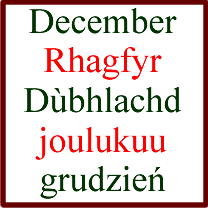There is an interesting dicussion on the Silly Linguistics Community Facebook page which started with this post:
While learning a foreign language, the teachers sometimes remark that “even native speakers get this wrong. Don’t imitate them”.
How could native speakers possibly be wrong?? If they’re not the standard, then what is?? An artificial one from the textbook?? We learn a language to communicate with the natives, not with the textbook, right??
The debate looks at these questions from different perspectives. Many commenters agree that native speakers do make mistakes in their own languages, and give examples from a variety of languages. Others argue that native speakers of a language don’t all speak the same version of their language. There are also comments about native speakers not knowing the grammar of their own language, or at least not being able to explain why words are used in particular ways.
When field linguists document previously undocumented languages, they work out how the language is used by the people who speak it. They don’t learn the language, then start telling native speakers that they are making mistakes. However, with languages that have standardised versions, especially written versions, people come to believe that the standard version is the ‘right’ version, and any deviation from it is a ‘mistake’. Thus non-standard varieties may be looked down on, ridiculed, and even erradicated by teachers in schools.
Can a native speaker make mistakes in their own language?
Yes. There are various kinds of mistakes a native speaker might make. Such as disfluencies, when you mispronounce words, or get your syllables or words jumbled up. Or you may spoonerise, as in par cark, rather than car park.
You may confuse words with similar sounds or meanings, such as effect and affect. You may miss out words – I certainly do when writing sometimes, and don’t always realise, as I know what I intended to write, so when I read the text again, I mentally fill in any missing words.
Spelling errors are also common, especially in English, as are orthographic errors, such as adding apostrophe’s when they’re not necessary, or forgetting to add them. Or, using too many, or too few commas.
Here are some examples of ‘mistakes’ native speakers make in English:
Many native speakers don’t know the grammar of their own language
This is a common misconception that often appears in discussions about language, especially when talking about how words or particular grammatical features ‘should’ be used. For example, the use of less and fewer in English. You may not know all the grammatical terms, such as noun, adjective, gender, case, etc, and the conventions like use to apostrophes, but you can use the language effectively. Native speakers of English are unlikely to say something like “To the shop went I morning this” or “Grammar very important is”, unless you’re imitating Yoda.
John McWhorter often talks about things like this on his podcast, Lexicon Valley. On a recent show he mentioned that the less / fewer distinction is an arbitary rule made up by someone in the 19th century. People have been using these words interchangeably for a long time without any confusion. So if someone tells you that the the signs in supermarkets shouldn’t say “five items or less” but “five items or fewer”, you could refer them to his podcast.
In Welsh textbooks and grammar books you are taught how to use mutations – that is the way initial consonants change in various circumstances. For example, Dw i’n byw ym Mangor = I live in Bangor, Dw i’n mynd i Fangor = I’m going to Bangor. Native speakers of Welsh don’t always use these as described in the books – sometimes they mutate, sometimes they don’t. So who is right? The native speakers, or the writers of textbooks and grammars? Or both?
Languages change all the time. New words and grammatical constructions emerge. The meanings of words can expand, or contract, and the ways they’re used changes. Such changes often happen in informal language first. Some of them at least will eventually become part of the standard language.
If your utterances and scribblings are understood by others, then you have managed to communicate effectively, even if you deviate from the perceived standard version of the language.
But we have to have standard’s, don’t we? And there are some things that you just shoudn’t do, like starting a sentence with a conjunction, splitting an infinitve – to happily do so is just wrong. And to finish a sentence with a preposition is something I can’t be having with! 😉
Do linguistic mistakes and errors bother you?






